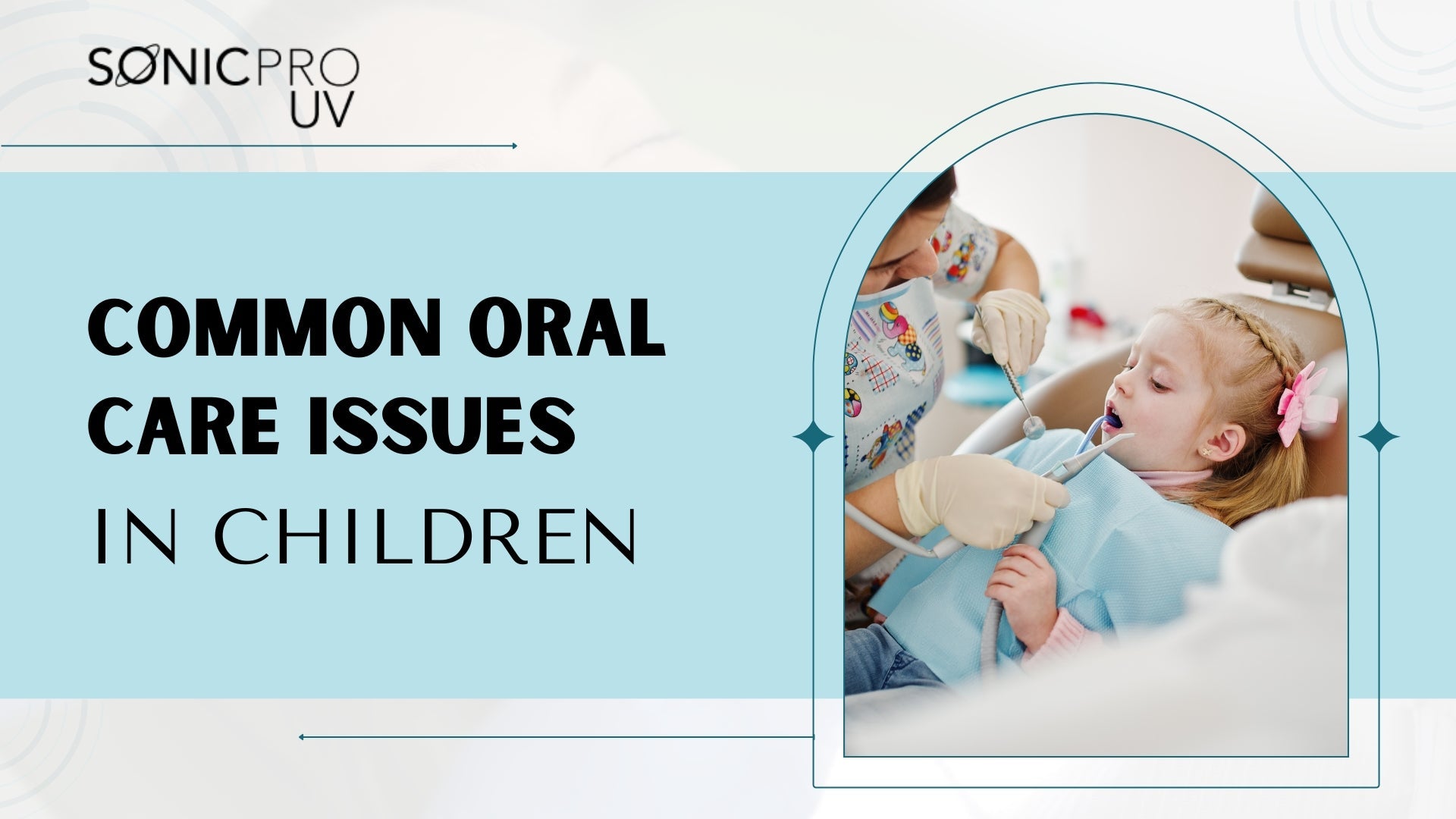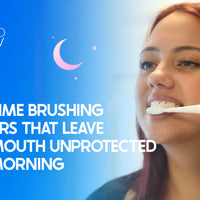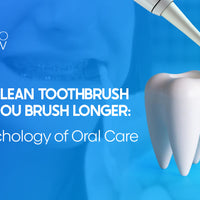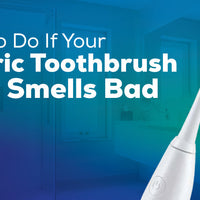A child’s smile is one of their most defining features, but maintaining it involves more than just brushing twice a day. Good oral health means a better overall well-being, yet many children face preventable oral care issues that actually impact their physical health, self-confidence, and quality of life. From tooth decay to misaligned teeth, these problems can arise due to dietary habits, improper oral hygiene, or even genetic factors.
Understanding these challenges and addressing them early is important for nurturing a lifetime of healthy oral habits. Here, we’ll talk about the most common oral care issues in kids, effective prevention techniques, and resources to help parents and caregivers support their child’s oral health journey. Let’s start.

1. Tooth Decay (Cavities)
Tooth decay remains the leading chronic disease in children, often resulting from a combination of sugary diets, inadequate brushing, and lack of fluoride. Cavities form when oral bacteria produce acids that erode tooth enamel. Left untreated, they can cause pain, infections, and even tooth loss.
How to Prevent Cavities:
- Daily Brushing and Flossing: Teach children to brush their teeth twice a day with fluoride toothpaste and floss regularly to clean between teeth, and avoid this common oral care issue.
- Fluoride Treatments: Communities with fluoridated water often have lower rates of decay. Ask your dentist about fluoride varnishes or supplements if needed.
- Dental Sealants: These protective coatings applied to the chewing surfaces of molars can prevent 80% of cavities in school-aged children.
2. Gum Problems (Gingivitis)
Gingivitis, an early stage of gum disease, can cause swelling, redness, and bleeding gums in children—thus being an extremely common oral care issue. It is often due to plaque buildup caused by inadequate brushing or flossing.
Prevention Tips:
- Teach proper brushing techniques, ensuring children clean along the gumline.
- Make flossing a habit early to remove food particles and plaque between teeth.
- Schedule regular dental visits for professional cleanings and early detection.
3. Tooth Sensitivity
Children experiencing sensitivity may often complain of discomfort when consuming hot, cold, or sweet foods. Sensitivity can stem from enamel erosion, cavities, or teeth grinding (bruxism).
Solutions:
- Use a toothpaste designed for sensitive teeth.
- Limit acidic foods and beverages, which can wear down enamel.
- Consult a dentist to address grinding, and consider using a mouthguard at night.
4. Misaligned Teeth (Malocclusion)
Malocclusion, or crooked teeth and improper bite alignment, can affect a child’s ability to chew and speak properly. This condition can result from thumb sucking, pacifier use, or genetic factors.
How to Address It:
- Discourage habits like thumb sucking and pacifier use beyond age 2.
- Schedule an orthodontic evaluation by age 7 to assess bite and alignment issues.
- Follow dentist recommendations for braces or aligners if necessary.
5. Early Childhood Caries (Baby Bottle Tooth Decay)
Prolonged exposure to sugary liquids, especially at bedtime, can cause early childhood caries. This condition primarily affects infants and toddlers.
Prevention Strategies:
- Avoid putting children to bed with bottles containing milk, formula, or juice.
- Clean your baby’s gums with a soft cloth after feeding and begin brushing once the first tooth emerges.
- Transition to a sippy cup by the child’s first birthday.
6. Dental Trauma
Active children are prone to dental injuries during play or sports. Chipped or knocked-out teeth are common concerns.
Prevention and Management:
- Encourage the use of mouthguards during sports and high-impact activities.
- Childproof your home to prevent falls and accidents.
- In case of trauma, seek immediate dental care to assess the damage and prevent further complications.
7. Thumb Sucking and Pacifier Use
While natural in infancy, prolonged thumb sucking or pacifier use can lead to misaligned teeth and bite problems.
Management Strategies:
- Gently discourage these habits as the child grows older.
- Use positive reinforcement, like rewards, to motivate behavior changes.
- If habits persist beyond age 4, consult a dentist for guidance.
Encouraging Healthy Oral Care Habits
Promoting long-term oral health involves creating a routine that children enjoy and can stick to. Make brushing and flossing fun by using colorful toothbrushes, engaging apps, or reward charts. Emphasize the importance of oral care through education and consistent practices. Products like the SonicPro UV toothbrush can also make oral care effective and enjoyable by incorporating advanced features like UV sanitization and ergonomic designs.

Conclusion
Good oral hygiene starts at home and should be reinforced with regular dental check-ups. Preventing common oral care issues in kids like cavities, gum disease, and misaligned teeth can spare them from discomfort and costly treatments later in life. By understanding these challenges and adopting preventive measures, parents can give their children the gift of a healthy, confident smile.
Not sure of where to start from? Counting on a SonicPro UV toothbrush might just be the right step to take.







